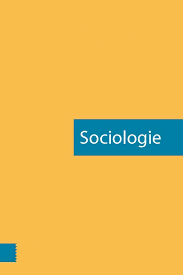Abstract
In her seminal book Family Values Melinda Cooper argues that the American welfare state from the 1960s was dismantled because of a combination of three important events: 1) left-wing liberals stopped to embrace and defend the welfare state; they criticized it relentlessly and advocated far reaching radical alternatives, 2) neoliberal thinking became popular when the economic crisis of the 1970s set in and Keynesian remedies failed and 3) neoliberals entered into an ideational coalition with neoconservatives and their combined discourse became dominant over time. In this article Trappenburg uses Cooper’s framework as a heuristic device to describe the evolution of Dutch health care policy from the 1960s and till the 21st century. She finds that the left in the Netherlands was similarly hostile to the existing welfare state, criticizing professionals, care institutions and the existing health care system. The economic crisis of the 1970s led to a growing amount of neoliberal thinking, resulting in 1987 in a state commissioned report that advocated a partial marketization of health care. In the 1990s the neoliberal discourse was combined with conservative elements, introducing communitarian ideas in health care. The present Dutch health care system is a mixture of neoliberal, conservative-communitarian and radical left elements.
How to Cite:
Trappenburg, M., (2019) “Hoe Elco Brinkman alsnog zijn zin kreeg: neoliberalisme, communitarisme en linkse idealen in de Nederlandse gezondheidszorg”, Sociologie 15(3), 289–307. doi: https://doi.org/10.5117/soc2019.3.004.trap
Downloads:
Download PDF
View PDF
131 Views
32 Downloads


